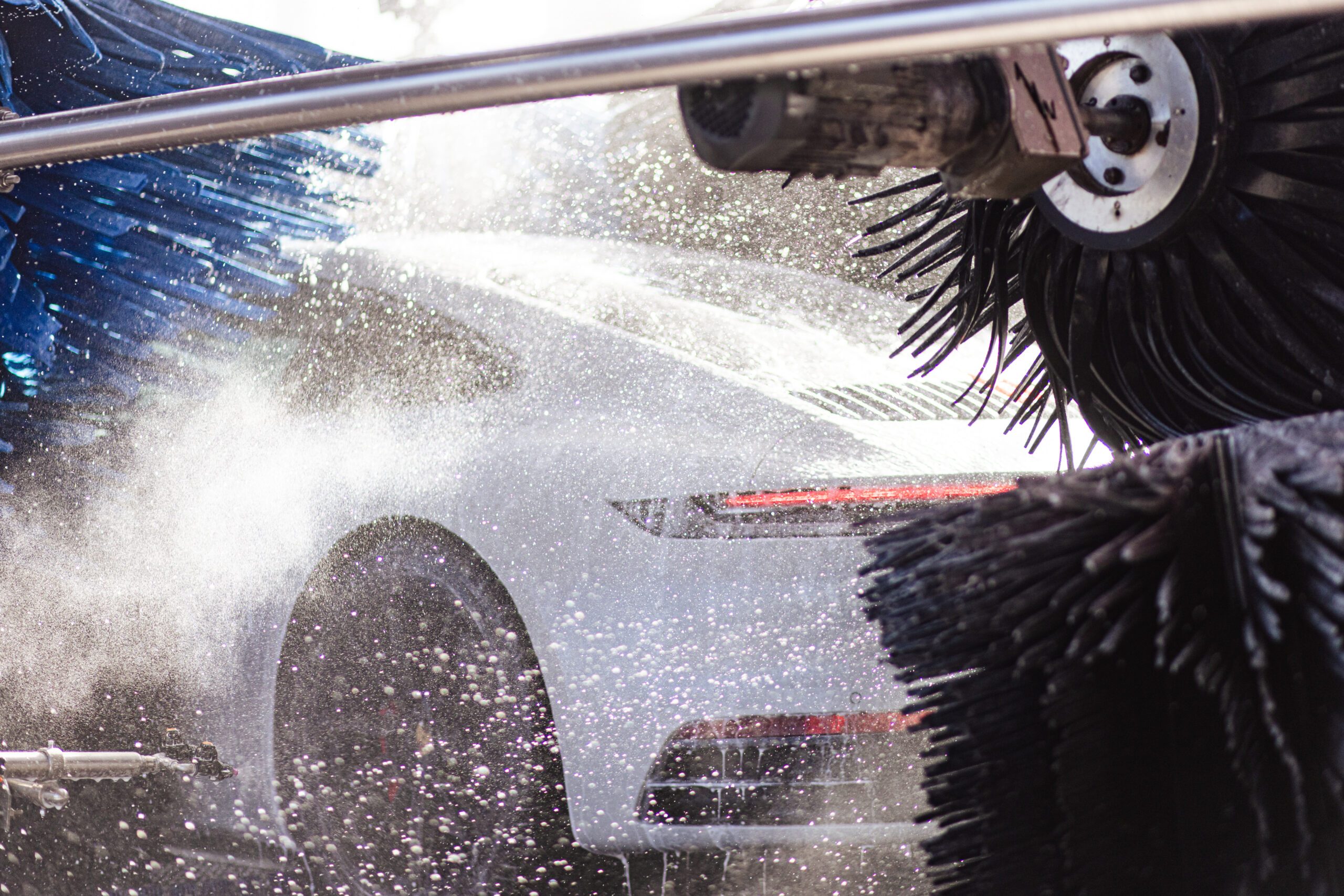
The spring months mark the beginning of pollen season in Finland. While dry pollen is harmless to car paint, the longer it stays on its surface, the bigger the risk it permeates its layers and causes paint to fade, rust, and chip. By taking provisional actions, such as avoiding parking next to vegetation and washing the car consistently, drivers can significantly reduce this risk.
Observations show that in the last three decades, the pollen season became 20 days longer with pollen concentrations increasing up to 21%. While that negatively influences the lives of people with allergies, the settled pollen also harms the surroundings. Dampened pollen residue turns acidic and caustic, permeating the car paint and posing long-term exterior damage.
In Finland, the pollen season begins in early spring with the flowering of alder and hazel and continues into summer, when pine blossoms in early June. For most, the pollen layer on cars is primarily an aesthetic issue, yet its accumulation on windows and mirrors reduces road visibility, posing security risks. And with the first drops of rain, pollen turns into a mixture that can soften the paint, leaving structural layers of the car body exposed.
Wash it before the rain does
During the pollen season, regular car washing should become a habit. As blossoming never stops and one plant follows others, the general suggestion is to pay a visit to a car wash at least once a week. However, it is important to wash the pollen with water, as dry brushing can scratch the paint.
“The combination of water, high-quality shampoo, and soft, microfibre wipes is the best way to approach the pollen sediment. The safest and the most ecologically-friendly option is to pay a quick visit to a tunnel wash, where pollen is swiped off without negatively affecting the environment,” suggests Edgaras Stanevičius, Head of Innovations at PRO BRO, the fastest-growing international franchise network of express tunnel car washes in Europe. “Regular cleaning routine also removes other damaging contaminants, such as dirt and bird droppings, which, together with pollen, form paint-damaging mixture.”
Drivers can also apply quick detailing sprays to remove any appearing pollen between car washes, yet there are some general practices to follow. They should only use car dusters and soft microfiber towels to avoid damaging the paint. Timing also plays a role, as pollen levels are typically lower in the morning or late in the evening.
Supplement washing with protective layer application
After washing their car, drivers should not forget to impregnate the surface, as it reduces the negative effects of pollen. There is a wide variety of options to choose from, providing varying degrees of car paint protection.
“The application of carnauba or synthetic wax is the most common option in car washes. Both of them form a protective layer that shields the car surface from dirt, UV rays, and, of course, pollen. The main difference is that the natural carnauba wax usually lasts 6–8 weeks, and synthetic sealant is intact for as long as half a year,” explains Stanevičius, also adding that drivers can also choose from other methods, such as ceramic or graphene coating, or paint protection film (PPF). Some of these are also scratch-resistant and might last up to 10 years.
With a protective layer applied, the pollen does not touch the car’s surface, and the acidic chemicals affect the barrier rather than paint. The exterior also becomes more hydrophobic, meaning that water runs off more easily, and the pollen can be washed off effortlessly. However, to be truly effective, the protective layer should be applied to a spotless surface – ideally, immediately after washing the car.
Mind the surroundings and the location of a parking spot
Pollen contamination is uneven, as urban areas usually have lower levels of vegetation, and blossoming is more intensive outside of cities. Drivers should be mindful where they park their vehicles, avoiding areas near trees, flowers, and bushes.
“The most obvious parking spot to avoid is the one located under the trees. It is said that oaks, pines, and birches produce most pollen, but every tree loses its leaves or branches in stronger winds, and those end up on cars, too. Parking spots close to tall grass, bushes, and flowers should also be avoided during the bloom time,” suggests Stanevičius
Ideally, cars should be left in covered parking, but if such an option is unavailable, temporary car covers could also be considered — especially, if it has to be left near vegetation for longer periods or the car is left in a so-called “wind tunnel”. The latter forms in certain open areas, carrying excessive amounts of light pollen. Then it is also sound to look for a parking spot behind a perpendicular building, which acts as a windbreaker.
“The pollen particles are very minuscule, so it is impossible to entirely avoid them, especially as they are an inevitable “side-effect” of a beautiful blooming season. Pollen can damage car paint but its impact can be mitigated with regular routines and certain precautions. For example, in the express tunnel wash, the car can be conveniently washed and wax-coated in 96 seconds, without the driver even stepping out of the car. Together with thought-through parking spot selection and consistency, the pollen season will pass without residual damage to car paint,” says Edgaras Stanevičius.
ABOUT PRO BRO
PRO BRO is the fastest-growing international franchise network of express tunnel car washes. The company employs cutting-edge technology to create a next-generation cleanliness culture where the vehicle is washed in 96 seconds. Four different-sized express tunnel models have varying capacities for car wash: the MAXI model alone is capable of servicing around 500K cars per year and a network of five car washes can clean up to 2.5M cars annually. With more than 26 years of experience in the sector and over 700 employees, PRO BRO is the largest specialized car wash and premises cleaning network in Lithuania.
-
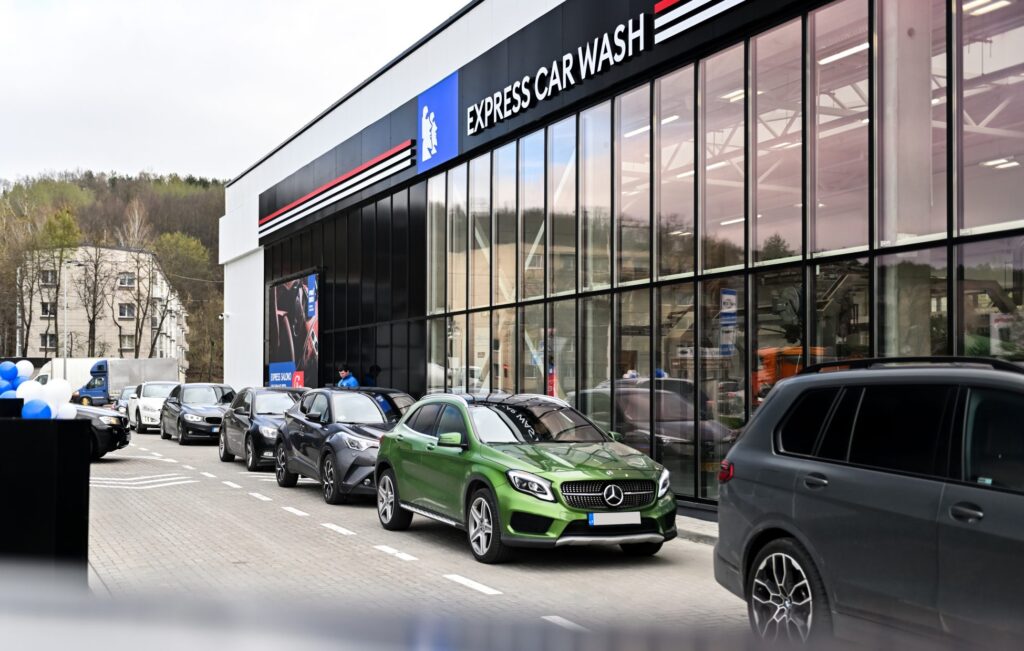 2024/07/09Driving Franchise Success: The Advantages of Express Car Wash Technology
2024/07/09Driving Franchise Success: The Advantages of Express Car Wash Technology -
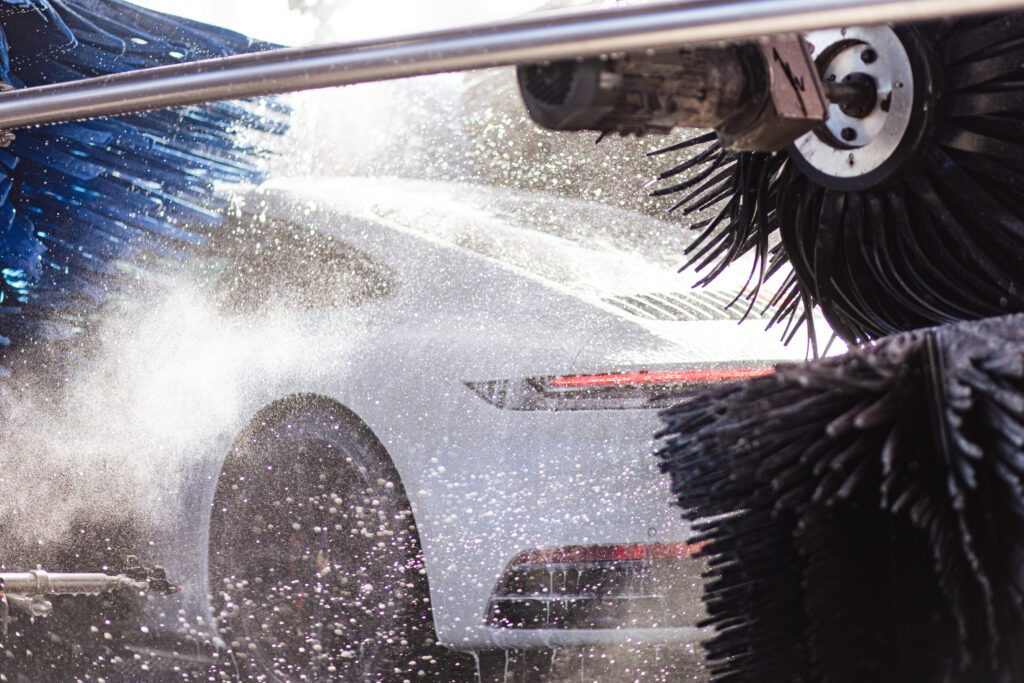 2024/05/24Avoid the Blossom of Rust: How Pollen Damages Car Paint and Ways To Avoid It
2024/05/24Avoid the Blossom of Rust: How Pollen Damages Car Paint and Ways To Avoid It -
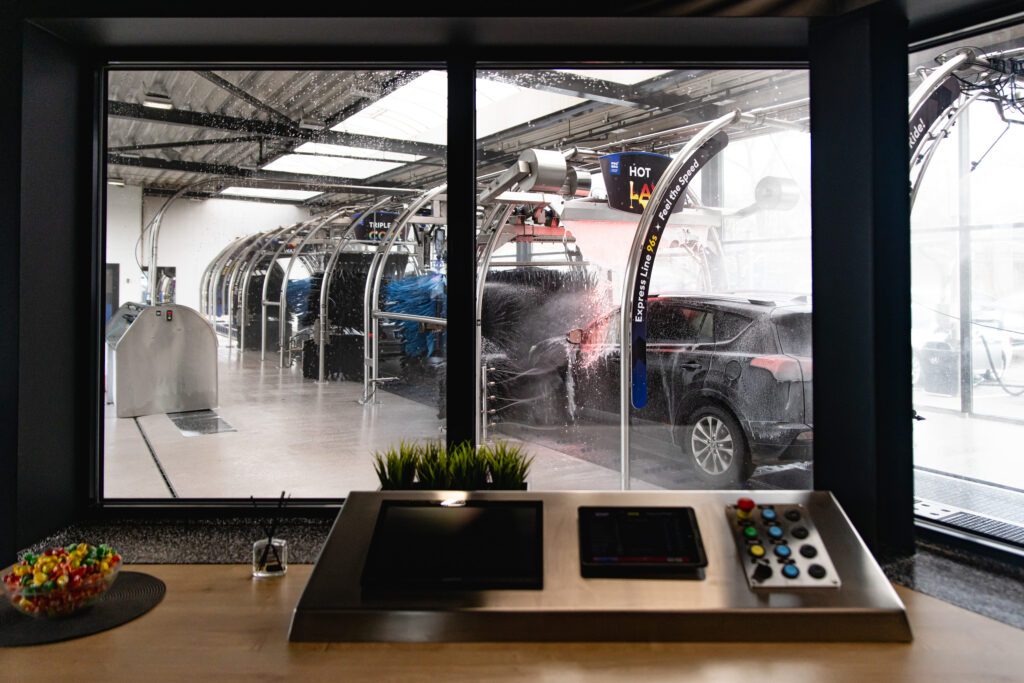 2024/05/21Novel Technology Setting New Benchmarks in Carwash Market
2024/05/21Novel Technology Setting New Benchmarks in Carwash Market -
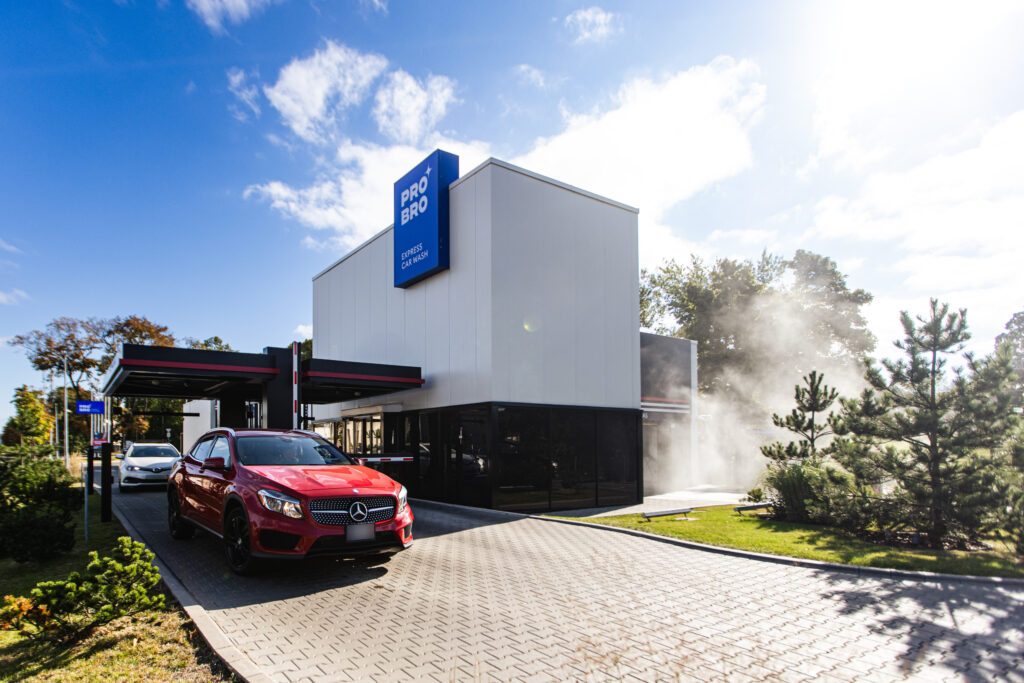 2024/05/11Addressing Water Usage Challenges in Car Wash Industry: Sustainable Practices as Competitive Advantage
2024/05/11Addressing Water Usage Challenges in Car Wash Industry: Sustainable Practices as Competitive Advantage
